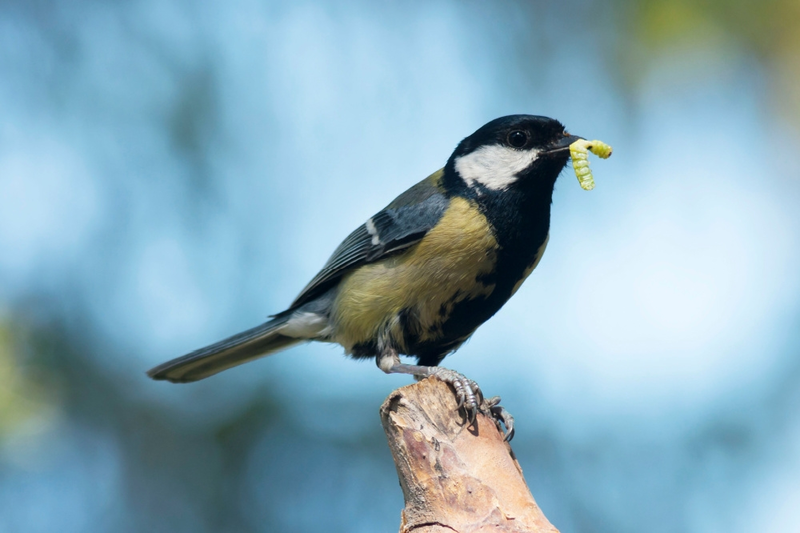
Every gardener understands the frustration of watching newly planted seedlings consumed by slugs or having their broad bean crops overrun by aphids. However, there are ways to address garden pests without immediately resorting to pesticide sprays. We've compiled our top tips on how to manage garden pests naturally.
7 natural pest control tips for gardeners
-
Robust, healthy plants are less susceptible to pest and disease attacks. Ensure your plants have optimal growing conditions, along with sufficient water and nutrients for robust growth.
-
Encourage beneficial insects like ladybugs and hoverflies into your garden. Besides consuming substantial amounts of aphids, these helpful insects are attracted to flowering plants for nectar and pollen. Plants like Ammi majus and Achillea with flattened flowerheads, as well as those in the daisy family, are particularly attractive to them.
-
Use sacrificial plants to draw pests away from the plants you intend to protect. You can then either remove and dispose of the sacrificial plants or manually remove the pests. Nasturtiums are effective at attracting aphids, while French marigolds will entice slugs and snails.

-
Birds consume numerous caterpillars, aphids, and other garden pests (some even eat slugs and snails!). Encourage birds by planting shrubs like hawthorn, pyracantha, and holly, which offer both food and shelter.
-
Establish a wildlife pond to attract frogs and toads, as they help manage slug and snail populations. Your pond need not be large – even a sizable washing-up bowl submerged into the ground and populated with a couple of aquatic plants will draw wildlife and aid in pest control.
-
Shield valuable plants from slugs with beer traps. Bury empty yogurt pots into the ground with the rims about 2-3cm above the soil's surface, and partly fill them with beer. Slugs and snails will be enticed by the liquid and fall in, drowning. Regularly check and empty the traps.

-
For smaller gardens, handpicking is a straightforward pest control method. Wipe away small aphid infestations from leaves before they establish, or dislodge them with a water jet. In the evening, use a flashlight and container to manually remove slugs and snails from plants – keep in mind their homing instinct, and release them at least 20m away. Be on the lookout for bright red lily beetles on lilies. Extract and squash them by hand; they tend to fall off the plant as a defense mechanism, so lay white paper on the ground nearby to easily spot fallen beetles.
No matter the challenges you encounter in your garden, you'll find solutions at our center. Visit us today – we're always ready to assist!




